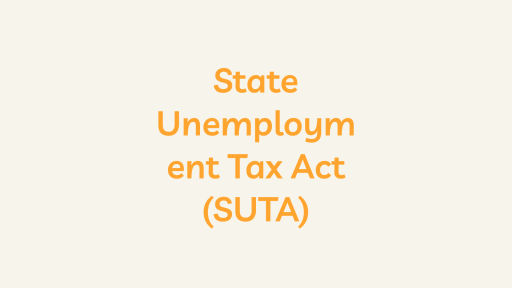Introduction
Gross misconduct refers to severe and unacceptable behavior or actions by an employee in the workplace that violate the fundamental principles of employment and often result in serious consequences. This term is commonly used in employment law to describe actions that go beyond minor infractions or simple negligence.
Definition
Gross misconduct is typically defined in employment contracts, company policies, or relevant employment laws. It encompasses actions that are considered so serious that they breach the trust and confidence between the employer and the employee, making continued employment untenable.
Examples of Gross Misconduct
- Theft or Fraud: Deliberate acts of stealing or fraudulent activities, such as embezzlement, are often considered gross misconduct.
- Violence or Assault: Any physical violence or assault, whether directed towards colleagues, clients, or anyone associated with the workplace, is a clear example.
- Sexual Harassment: Repeated and serious incidents of sexual harassment or assault fall under gross misconduct.
- Intoxication at Work: Being under the influence of alcohol or drugs during working hours can be considered gross misconduct, especially in safety-sensitive roles.
- Sabotage or Vandalism: Deliberate destruction of property, equipment, or data belonging to the employer or colleagues may be categorized as gross misconduct.
- Serious Health and Safety Violations: Reckless actions that jeopardize the safety of oneself and others may lead to gross misconduct allegations.
- Breach of Confidentiality: Deliberate disclosure of sensitive or confidential information without authorization can be grounds for gross misconduct.
Consequences of Gross Misconduct
- Immediate Termination: Employers often have the right to terminate an employee’s contract immediately if the employee is found guilty of gross misconduct.
- Loss of Benefits: Employees may lose entitlement to certain benefits, such as notice pay or severance packages if terminated for gross misconduct.
- Legal Action: In some cases, employers may pursue legal action against the employee for damages resulting from the misconduct.
- Impact on References: Employees terminated for gross misconduct may find securing positive references for future employment challenging.
- Disciplinary Proceedings: Employers may conduct internal disciplinary proceedings to investigate the misconduct and ensure fairness in decision-making.
Conclusion
Understanding gross misconduct is crucial for both employers and employees. Employers need to clearly define it in their policies, while employees should be aware of the consequences of such behavior. Maintaining a respectful and professional workplace is essential for fostering a positive working environment and preventing instances of gross misconduct.





